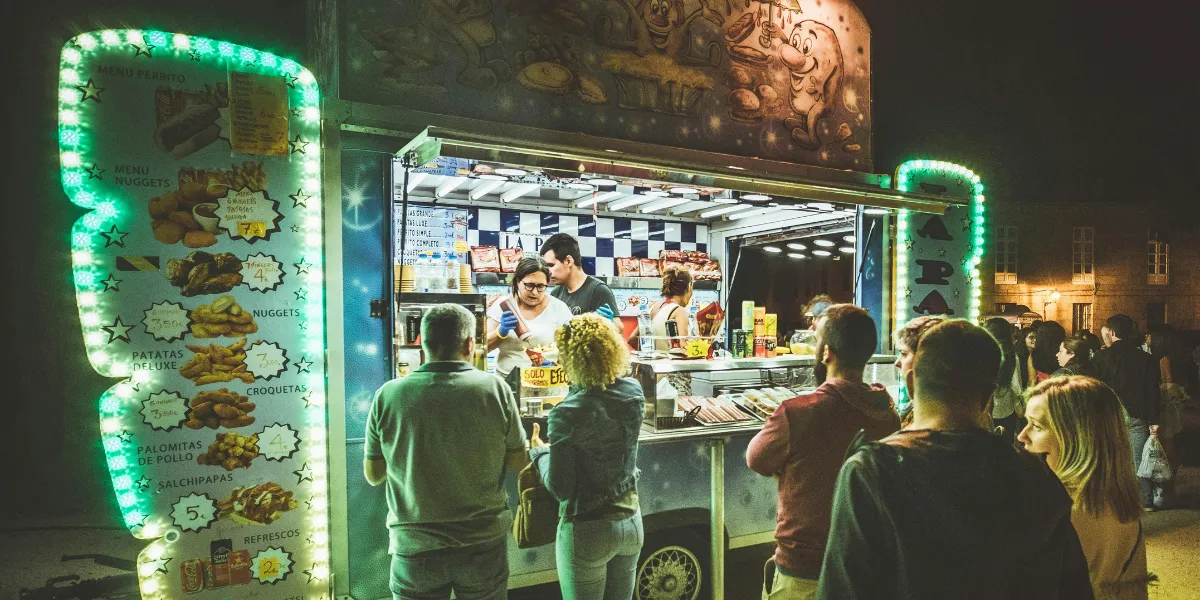
Tourism’s Dirty Little Secret - It’s an Economic Powerhouse
Travel Talk: The Real Impact of Tourism
Tourism’s Dirty Little Secret - It’s an Economic Powerhouse
Tourism isn’t a side hustle for the economy—it’s a core driver. From job creation to cultural preservation, this blog unpacks why it’s time to treat tourism like the powerhouse it truly is.
Let’s talk about something that doesn’t get nearly enough airtime in economic conversations: tourism.
Not the fluffy version. Not the all-inclusive brochure with someone ziplining through a jungle or holding a sunset cocktail (although, sure, those moments are lovely too). I’m talking about the real, boots-on-the-ground, economy-driving, community-sustaining engine that tourism is quietly fueling.
Because here’s the truth most people outside the industry don’t realise—tourism isn’t just a nice-to-have. It’s a powerhouse. And if you ask me, it’s long overdue for some serious respect.
We don’t talk enough about what tourism actually does
When people hear “tourism,” they often picture leisure. Something seasonal. Maybe even a bit bougie. But let’s pull the curtain back:
Tourism drives jobs. It stimulates local economies. It supports entrepreneurs. It fuels transportation, accommodation, hospitality, retail, arts, culture, events and sports—often all at once.
In fact, tourism quietly supports over 1 in 10 jobs worldwide. And in many communities across Canada, it’s not just a contributor—it’s the backbone. It keeps restaurants alive in the shoulder seasons. It fills galleries and tours and cabins that don’t survive on local traffic alone. And it offers opportunities for small towns and rural regions to thrive without relying on extractive industries or external investment.
But despite its real and growing impact, tourism is still seen—by far too many—as fringe.
That perception problem is costing communities real momentum
You see it all the time in how funding is allocated, how business support programs are structured, and how regional economic development plans are shaped. Tourism ends up lumped into the “nice-to-have” column—when in reality, it should be in bold font under the “essential industries” tab.
The problem isn’t that tourism isn’t valuable. It’s that it’s undervalued. Misunderstood. Under-leveraged.
And that matters—because when we fail to invest in tourism as a core driver of local economic growth, we miss out on a whole spectrum of potential. Community pride. Job creation. Cultural preservation. Digital infrastructure. Small business resilience. All of it.
And let’s be honest: no one’s travelling halfway across the country for a Walmart. Although some might camp their RVs in their parking lot for the night. High five for that Walmart.
They’re coming for the art, the food, the festivals, the local legends, the landscapes, the quirks. They’re coming for the experiences that only your place can offer. And that experience economy? It needs structure, strategy, and support.
Tourism is infrastructure—it just doesn’t always look like it
We’re used to thinking about infrastructure as roads and bridges. Hard costs. Bricks and mortar. But tourism creates connective infrastructure too.
It builds relationships between businesses. It draws attention (and dollars) to main streets. It encourages regions to think collaboratively, not competitively. And in many places, it’s the only sector that brings everyone to the table—from artists and farmers to chefs and canoe guides to municipal leaders and chambers of commerce.
Tourism is what fills the town square. It’s the ripple effect that keeps the whole ecosystem moving. And it’s high time we started treating it like the critical asset it is.
So why don’t we?
Part of it, I think, is that tourism success doesn’t always look like other economic wins. It’s not just about headcounts or exports or industrial output. It’s more holistic. More human. It shows up in full patios, sold-out shows, return visits, shared stories, and thriving neighbourhoods.
But just because it’s harder to measure doesn’t mean it’s not worth measuring. And just because it happens at the community level doesn’t mean it’s small-scale.
It’s local, yes—but it’s also leveraged. A single great weekend festival can generate six figures in economic spin-off for a community. A well-connected trail system can drive year-round traffic. A thoughtfully supported tourism sector can carry an entire region forward.
And the kicker? It’s inclusive by design.
Tourism creates opportunities across demographics, skill levels, and backgrounds. It supports youth jobs, senior entrepreneurs, side hustlers, solopreneurs, family-run lodges, and Indigenous-owned experiences. It opens doors that other sectors often keep closed.
In a time where resilience and diversification are top of mind for every economic planner and community board out there—tourism already has the answers. We just need to fund them, amplify them, and make them more discoverable.
At Roamlii, this is the heart of what we’re building
We’re not just here to help small businesses “get online.” We’re here to build digital infrastructure that lifts the entire ecosystem—tourism operators, communities, and travellers alike.
We’re creating tools that help people find what’s special. We’re powering bookings, storytelling, visibility, and connection. And we’re making sure that the incredible experiences already happening across Canada don’t stay hidden.
Because when tourism thrives, everyone benefits. The money flows further. The people stay longer. The community gets stronger.
So let’s stop treating tourism like a tag-on.
Let’s call it what it is: a core economic strategy.
Let’s build systems that support it, tools that activate it, and conversations that champion it.
Because the secret’s out—tourism is the economy.
Ready to put tourism in the spotlight where it belongs?
Let’s build something that celebrates it, supports it, and sets it up to scale.
#GetRoaming and let’s elevate the industry that uplifts us all.
Yours in tourism, innovation and startups,

Founder & CEO
Roamlii
